Philippines: Protests greet U.S. war games
Thousands protested against U.S. soldiers involved in humanitarian missions in Muslim areas of the Philippines.
Monday, 18.02.2008.
12:42

Thousands protested against U.S. soldiers involved in humanitarian missions in Muslim areas of the Philippines. The protesters said on Monday that the troops' presence could be provocative, Reuters reported. Philippines: Protests greet U.S. war games About 6,000 U.S. troops are taking part in annual training exercises with Philippine troops over two weeks but they will only hold humanitarian missions in the south of the archipelago, where Muslim communities are suspicious of their activities. Zainab Ampatuan, head of the Suara Bangsamoro (Voice of the Moro People) political party, said about 20,000 people gathered in the southern cities of Davao, General Santos, Cagayan de Oro, Cotabato and Pikit to protest the presence of U.S. soldiers. Ampatuan said the troops might provoke members of the Moro Islamic Liberation Front (MILF), the country's largest Muslim separatist group, which is angered that long-running peace talks with Manila have stalled. "We fear that hostilities may happen considering that U.S. and Philippine troops will hold their humanitarian missions in controlled areas of the MILF," she said. "Instead of this exercise, we're calling on the government to resume the peace talks with the MILF," she added. Eighteen members of the lower house of Congress signed a resolution on Monday calling on the government to suspend the U.S. activities in the south. The lawmakers, all bar one from Mindanao, said Manila failed to consult Muslim religious leaders and elders before deciding to hold the humanitarian activities near MILF communities. The humanitarian missions involve medical aid and building schools, bridges and clinics. A group of anti-U.S. activists has also urged Congress to scrap a 1998 treaty allowing the U.S. military to send troops for exercises in the Philippines. "The humanitarian missions could be fronts for actual combat operations to fight Islamic militants," Beverly Musni, leader of a coalition of professionals, students and rights activists called Out Now. The Philippine constitution bars foreign troops from fighting on its territory but since 2002, Washington has been sending elite soldiers to advise Philippine troops on tracking foreign Islamic militants, who use its remote southern islands as bases. The campaign against the militants has caused civilian deaths and sometimes the evacuation of local communities. The Philippines was a colony of the United States in the early 20th Century and Washington started settling Christian families in the south, where Muslims were once in a majority. The Muslim community currently accounts for around 20 percent of the population of the southern Philippines.
Philippines: Protests greet U.S. war games
About 6,000 U.S. troops are taking part in annual training exercises with Philippine troops over two weeks but they will only hold humanitarian missions in the south of the archipelago, where Muslim communities are suspicious of their activities.Zainab Ampatuan, head of the Suara Bangsamoro (Voice of the Moro People) political party, said about 20,000 people gathered in the southern cities of Davao, General Santos, Cagayan de Oro, Cotabato and Pikit to protest the presence of U.S. soldiers.
Ampatuan said the troops might provoke members of the Moro Islamic Liberation Front (MILF), the country's largest Muslim separatist group, which is angered that long-running peace talks with Manila have stalled.
"We fear that hostilities may happen considering that U.S. and Philippine troops will hold their humanitarian missions in controlled areas of the MILF," she said.
"Instead of this exercise, we're calling on the government to resume the peace talks with the MILF," she added.
Eighteen members of the lower house of Congress signed a resolution on Monday calling on the government to suspend the U.S. activities in the south.
The lawmakers, all bar one from Mindanao, said Manila failed to consult Muslim religious leaders and elders before deciding to hold the humanitarian activities near MILF communities.
The humanitarian missions involve medical aid and building schools, bridges and clinics.
A group of anti-U.S. activists has also urged Congress to scrap a 1998 treaty allowing the U.S. military to send troops for exercises in the Philippines.
"The humanitarian missions could be fronts for actual combat operations to fight Islamic militants," Beverly Musni, leader of a coalition of professionals, students and rights activists called Out Now.
The Philippine constitution bars foreign troops from fighting on its territory but since 2002, Washington has been sending elite soldiers to advise Philippine troops on tracking foreign Islamic militants, who use its remote southern islands as bases.
The campaign against the militants has caused civilian deaths and sometimes the evacuation of local communities.
The Philippines was a colony of the United States in the early 20th Century and Washington started settling Christian families in the south, where Muslims were once in a majority.
The Muslim community currently accounts for around 20 percent of the population of the southern Philippines.




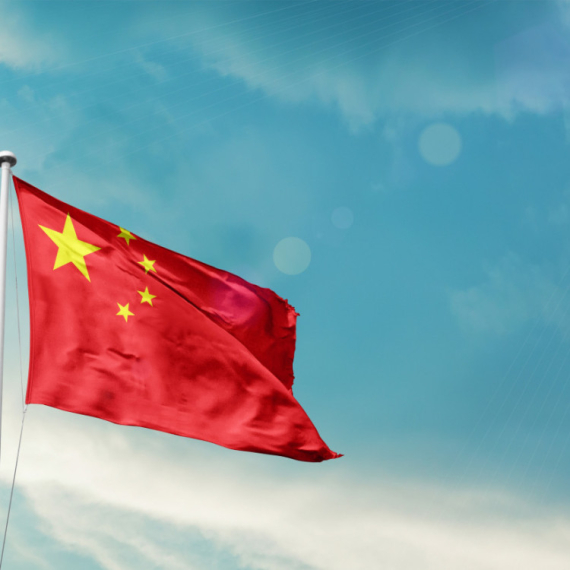







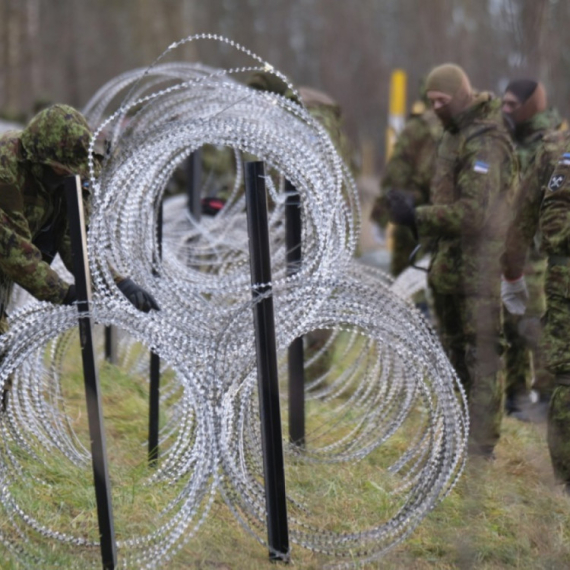

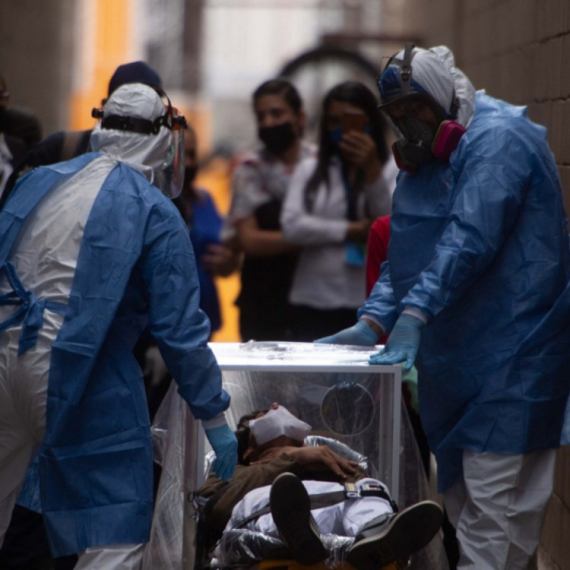
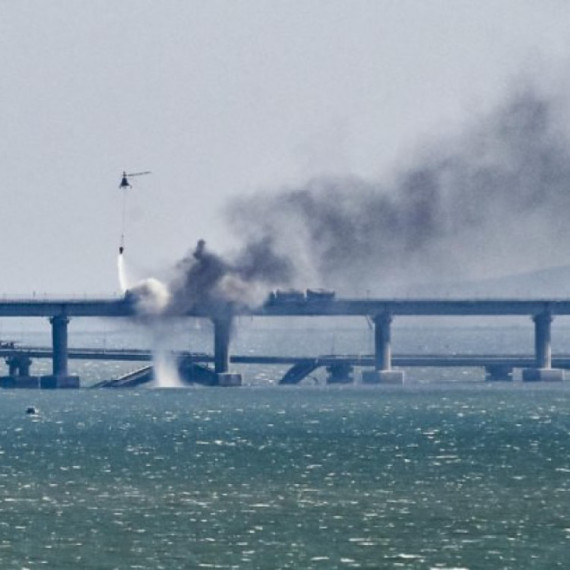




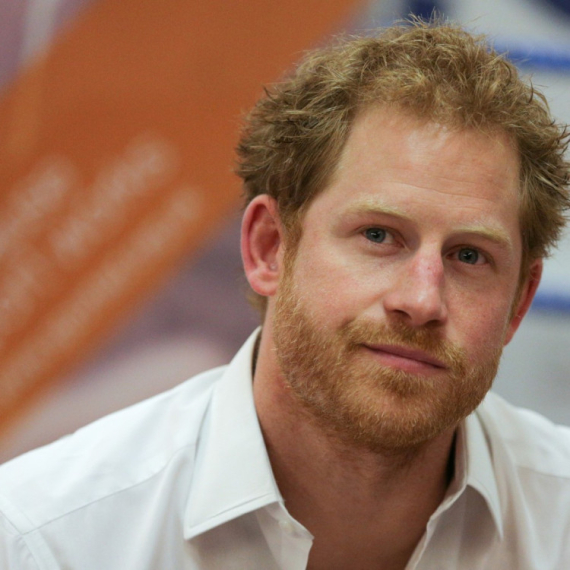































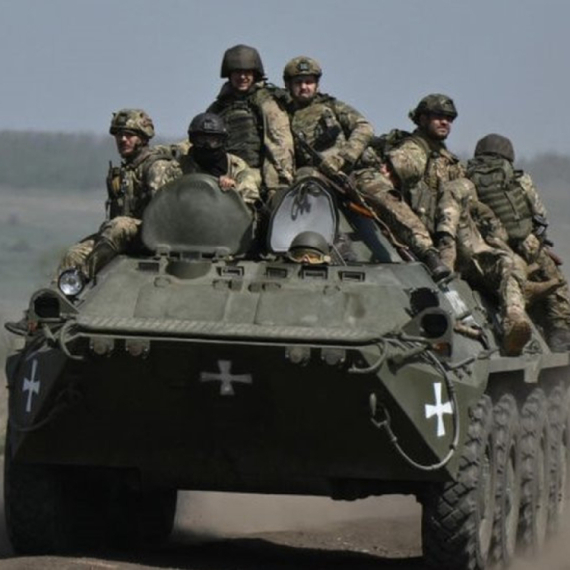
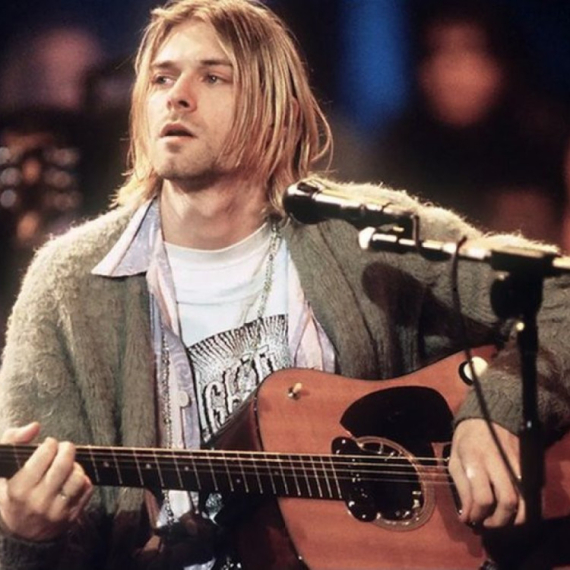
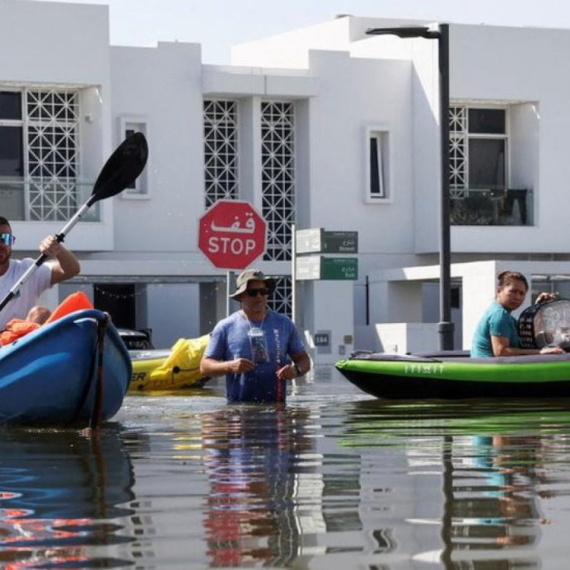



Komentari 1
Pogledaj komentare